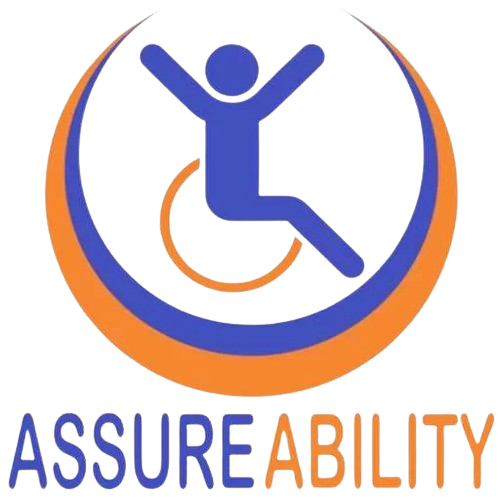Introduction:
When it comes to selecting a disability service provider, making the right choice is crucial. Whether you are seeking support for yourself or a loved one, finding a reliable and competent provider can greatly enhance the quality of life for individuals with disabilities. However, with so many options available, it can be overwhelming to determine which provider is the right fit. In this article, we will outline ten essential tips that will help you navigate this process effectively.
1. Research the Provider’s Credentials:
Begin by researching the provider’s credentials and background. Look for qualifications, certifications, licenses, and affiliations. This will give you an idea of the provider’s expertise and their adherence to industry standards and best practices.
2. Evaluate Their Experience:
Consider the provider’s experience in working with individuals with disabilities. Assess how long they have been in operation and if they have specialized their services to cater to a particular disability or age group. Experienced providers are likely to have a better understanding of specific needs and challenges.
3. Assess the Range of Services Offered:
Every individual with a disability has unique needs, so ensure that the provider offers a range of services that align with yours or your loved one’s requirements. Some common services include personal support, therapy, day programs, vocational training, and respite care. Be clear on what you need and ensure the provider can accommodate those needs.
4. Visit the Facility:
Schedule a visit to the provider’s facility. This will allow you to observe the environment, interact with staff, and get a sense of the overall atmosphere. Look out for cleanliness, safety measures, and if the staff appears engaged, friendly, and knowledgeable.
5. Review Staff-to-Client Ratio:
Consider the staff-to-client ratio, as it directly impacts the quality of care and attention a person with a disability receives. Providers with low ratios tend to provide more personalized care and better support.
6. Seek Recommendations and Reviews:
Talk to friends, family, or other individuals who have experience with disability service providers for recommendations. Online reviews can also provide valuable insights into the provider’s reputation and overall satisfaction levels.
7. Evaluate Communication Channels:
Effective and transparent communication is vital when dealing with disability service providers. Ensure they have clear channels of communication, such as email, phone, or online portals, through which you can reach out with any concerns or inquiries.
8. Inquire about Individualized Support Plans:
Providers should develop personalized support plans that address individual needs. Inquire about their process for creating these plans and how frequently they are reviewed and updated. Open communication and flexibility in accommodating evolving needs are key.
9. Consider Cost and Accessibility:
While cost should never be the sole determining factor, it is essential to consider whether the provider’s services fit within your budget. It is also important to evaluate the provider’s accessibility in terms of location, transportation, and any specific accommodations needed.
10. Trust Your Instincts:
Finally, trust your instincts. If something feels off or doesn’t align with your values and expectations, continue your search. It’s important to find a provider that you feel comfortable and confident in, as this will greatly contribute to a positive experience.
Conclusion:
Choosing the right disability service provider is a significant decision that merits careful consideration. By researching credentials, evaluating experience, assessing services, and visiting facilities, you can gather the necessary information to make an informed choice. Seek recommendations, review communication channels, and consider cost and accessibility. Ultimately, trust your instincts to find a provider that will deliver the personalized, professional care individuals with disabilities deserve.









